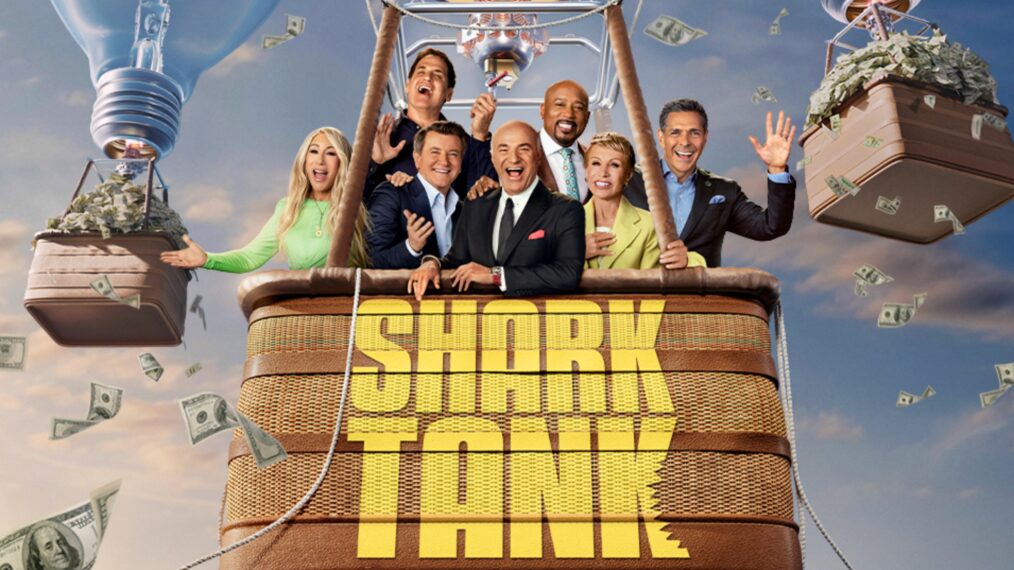The Rise of SpiritHoods: From Faux Fur Fashion to Sustainable Success Post-Shark Tank
In 2010, SpiritHoods emerged as a unique fashion concept when four friends banded together to turn faux fur into a stylish and sustainable movement. With a vision that blended environmental awareness with creative fashion, they launched SpiritHoods, a company producing high-quality faux fur hats featuring playful animal designs and integrated gloves. Alongside their passion for style, SpiritHoods founders committed to social impact, pledging 10% of their profits to organizations dedicated to endangered animals.
Despite the dedication and vision driving SpiritHoods, the company faced both triumphs and challenges that ultimately led them to seek broader exposure and potential investment. Their entrepreneurial journey took a memorable turn with an appearance on Shark Tank, where SpiritHoods showcased their products and values, leaving a significant impression despite not securing the sought-after investment. Here’s a deep dive into SpiritHoods' evolution, their Shark Tank experience, and their story of resilience and growth beyond the show.
The Birth of SpiritHoods: From Burning Man to the World
SpiritHoods was inspired by the creative atmosphere of the Burning Man festival, where co-founders Latif Hamilton and Marley Marotta initially crafted whimsical monster hoods to wear as fun festival accessories. These playful creations quickly attracted attention, with festival-goers keen to purchase the hoods right off their heads. This spontaneous demand gave the founders an idea: why not turn these designs into a business?
Latif, Marley, Alexander Mendeluk, and Ashley Haber decided to take their Burning Man creations to the next level, establishing SpiritHoods as a fully-fledged brand in 2010. They aimed to make faux fur a fashionable, sustainable choice by creating luxurious and practical animal-inspired hats and accessories. Their commitment to sustainability and their contributions to animal charities added a unique layer to their brand identity, setting SpiritHoods apart as not only a fashion choice but also a lifestyle of compassion and environmental responsibility.
Celebrity Endorsement and Initial Growth
The novelty and versatility of SpiritHoods' products quickly caught the eye of the public and even some celebrities. With high-profile endorsements from stars like Justin Bieber, Kesha, and Vanessa Hudgens, SpiritHoods saw an influx of interest, catapulting the brand into mainstream visibility. This surge in demand motivated the founders to expand rapidly, hiring additional staff and increasing production to meet growing customer needs.
However, rapid growth also meant heightened financial risk, with significant investments going toward scaling operations and marketing efforts. As SpiritHoods ventured into new markets and faced rising production costs, they began seeking additional resources to support their business expansion. This led them to the idea of pitching on Shark Tank, hoping to gain both exposure and investment from one of the show’s famed Sharks.
The Shark Tank Experience: Highs and Lows
In 2013, SpiritHoods co-founders Marley Marotta and Alexander Mendeluk stepped onto the Shark Tank stage, seeking a $450,000 investment for 15% equity in their company. They presented an energetic pitch, accompanied by dancers and models showcasing the SpiritHoods line. The initial reception from the Sharks was positive, with the founders sharing that the company had generated $9.3 million in lifetime sales, an impressive figure that certainly caught the Sharks' attention.
Kevin O'Leary humorously acknowledged their success, saying, "They don't look so stupid now." However, things took a serious turn when the founders revealed that they had suffered a $500,000 loss the previous year, attributed to the pressures of rapid expansion. The Sharks’ reactions were mixed, with some questioning the company’s financial strategies and others expressing skepticism about SpiritHoods’ potential to remain profitable long-term.
Ultimately, SpiritHoods left Shark Tank without securing an investment. While a setback, this experience didn’t diminish the brand’s momentum. Instead, it taught the founders valuable lessons in resilience, and they continued building SpiritHoods with a renewed focus on financial sustainability and market presence.
Post-Shark Tank: Resilience and Growth
SpiritHoods' journey following Shark Tank was one of steady adaptation and strategic growth. The company diversified its product offerings to include not just hats but also jackets, coats, and even home accessories such as blankets, pillows, and slippers. SpiritHoods expanded its brand to appeal to a broader audience by creating pieces that combined functionality with unique style, while also aligning with the eco-conscious consumer movement.
From 2018 to 2021, SpiritHoods saw a notable increase in revenue, experiencing a 63% growth in gross revenue. The brand’s expansion strategy included partnering with the marketing platform Impact, which helped them devise a targeted marketing approach that contributed to a revenue boost of 99% in early 2020 compared to early 2019. Even during the COVID-19 pandemic, SpiritHoods managed to maintain financial health by streamlining budgets, reducing expenses, and focusing on digital marketing strategies.
New Crowdfunding Strategy and Modern Challenges
In 2022, SpiritHoods decided to turn to crowdfunding to fuel its growth ambitions. The company launched a StartEngine campaign with a goal of raising over $1 million, presenting a valuation of $15 million and boasting a lifetime revenue of $36 million. Although the campaign didn't reach the desired seven-figure mark, it secured $109,523 from 139 investors. This capital injection came at an opportune time, as fluffy, faux-fur accessories started gaining traction as a fashion trend once again.
Despite these achievements, SpiritHoods faced some changes and challenges. Co-founder Alexander Mendeluk departed from the company in 2016 to start a healing center in Bali, while Ashley Haber exited in 2014 to pursue a career in photography. Marley Marotta and Latif Hamilton remain with SpiritHoods as director and president, respectively, continuing to guide the brand’s mission and vision. Today, SpiritHoods operates with a lean team of fewer than 25 employees, focusing on online sales through their official website after discontinuing partnerships with retailers like Amazon.
Related: Texas Entrepreneur's $150,000 deal with Two Shark Tank investors
SpiritHoods’ Legacy: A Unique Approach to Ethical Fashion
SpiritHoods’ journey has been a story of resilience, creativity, and commitment to ethical fashion. As of 2024, the brand offers an array of products that go beyond animal-inspired faux fur hats to encompass a full range of fashion and homeware items. The brand’s dedication to using eco-friendly materials and giving back to animal charities has resonated with consumers who value sustainability and ethical business practices.
In a world where fast fashion often compromises environmental impact, SpiritHoods stands out by offering an alternative that emphasizes responsible production and supports a greater cause. The company’s commitment to its values, coupled with an adaptable business strategy, has kept SpiritHoods relevant in an ever-evolving market.
Related: Shark Tank's 8 Most Successful Products: From Festive Apparel to Charitable Socks
Other Companies That Triumphed Post-Shark Tank
SpiritHoods isn’t the only brand that has flourished despite not securing a deal on Shark Tank. Other notable examples include:
- DoorBot (now Ring): Originally pitched as a doorbell camera, DoorBot was rejected by the Sharks. However, the company went on to rebrand as Ring, eventually being acquired by Amazon for over $1 billion.
- Kodiak Cakes: Despite the Sharks’ skepticism, Kodiak Cakes flourished post-Shark Tank with their protein-rich pancakes, later gaining popularity in health-conscious circles and retail stores.
- Bombi Bicycle Company: This brand initially struggled to gain traction on Shark Tank, but later gained recognition for its high-quality, sustainable bicycles, which became especially popular with eco-conscious consumers.
These companies, much like SpiritHoods, have demonstrated that rejection doesn’t spell the end. In fact, the challenges encountered on Shark Tank have often motivated these entrepreneurs to refine their strategies and push their businesses to new heights. For SpiritHoods, what began as a whimsical festival accessory turned into a multimillion-dollar enterprise that champions ethical fashion, showing that with resilience, a clear mission, and a bit of fur-clad flair, a brand can thrive even without a Shark’s investment.











